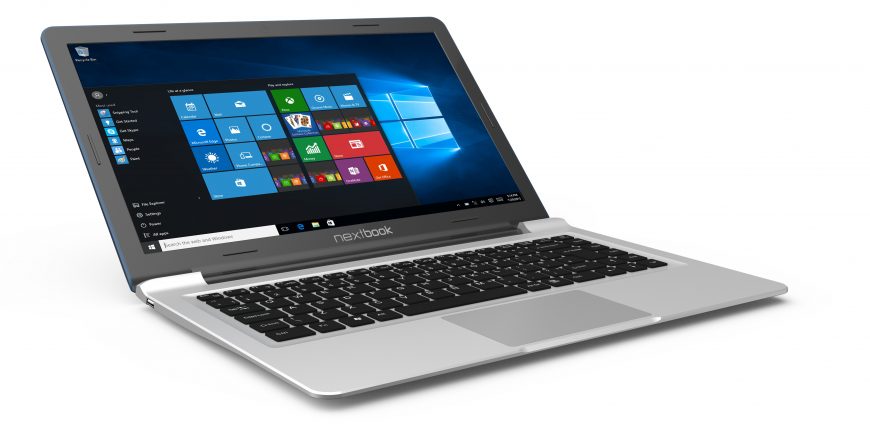
A pocket laptop to be reckoned with
Smartbooks, a new range of cheap and cheerful, yet versatile, computers is mounting a convincing challenge to netbooks
A new generation of cheap, lightweight machines is about to upset the world of mobile computing. The first of the “smartbooks” range is set to go on sale in Britain in September and, according to the makers, will cost as little as £50 while offering many of the features usually associated with laptops that cost 10 times as much.
The new computers look like netbooks, the cheap “pocket” PCs that took the high street by storm last year. They also share the same philosophy: that many people don’t want heavy and complicated laptops that cost hundreds of pounds, and are happy with relatively simple machines that do the basics – word processing, web access and e-mail – well.
Smartbooks claim to take this idea one step further. They are smaller and more compact than netbooks and in some respects resemble a powerful mobile phone more than a PC. Their processing speed and memory aren’t up to a netbook’s standard, but what they offer is simplicity and value. Their smaller processors mean they soak up less battery power, while their operating system is Linux-based rather than the cumbersome Windows alternative, meaning more power savings, allowing for a claimed battery life of eight hours on a full charge.
The companies behind them are hardly household names. The smartbooks unveiled at last week’s Computex convention in Taipei were the Mobinnova Elan and Qualcomm’s Snapdragon. The latter is being offered to major players such as Toshiba and Asus for them to customise and sell under their own name, but the important point is that the technology is proven and working.
“We’re stretching the smartphone user experience,” says Enrico Salvatori, Qualcomm Europe’s senior vice-president. “[The new machines are] always connected, with Bluetooth, GPS, portability and a week-long standby. The industry, and the market, is demanding something like this, and something the same price as a phone.”
So are they any good? Set to go on sale for between £50 and £100 – netbooks cost £200-£300 – they have yet to be put through any thorough hands-on tests. However, the technology spec sounds viable. They’ll come with software for videos, music, e-mail and the internet, and be able to access social networking sites with no bother. The ARM processor that the Elan uses is going to struggle with larger programs – such as spreadsheets – but smartbook advocates would point out that not many netbook users bother with them either.
So where’s the catch? Compatibility could be it. Running with a Linux system might be fine in a mobile phone, but scale up and you could hit trouble. ITunes won’t work on it, though alternative music programs are available, while printing from Linux can also be a nightmare.
“Neither Windows XP nor Windows 7 runs on the ARM processor, yet,” says Mark Hachman, news editor of PCmag.com. “While consumers are more than willing to experiment with an alternative operating system on a handheld, place a keyboard in front of them and suddenly they want that device to run like a PC. And that means Windows.”
Microsoft, the maker of Windows, is hedging its bets, meanwhile, waiting to see if smartbooks catch on before developing dedicated software. Smartbooks’ operating systems could evolve in a similar way to netbooks which, when launched at the start of 2008, ran Linux. Now, 96% of netbooks sold in the US run Windows. “People expect the reliable platform we provide,” says Laurence Painell, a Microsoft spokesman. “Stockists are discontinuing Linux platforms because of the high rate of returns. It’s too early to say if smartbooks – if they really are different – are going to make it.”
What smartbooks mean for the netbook market – or even the sales of smartphones – is anyone’s guess. The models revealed at Computex last week are early designs brought out to tease the world’s IT specialists into a frenzy, but are still waiting for an actual shipping date. If the signs are good over the next few weeks, it could be the time for a new gadget sector to take off.
Is Intel, whose Atom processor lies at the heart of most netbooks, worried? “The cost of laptops and netbooks has come down a lot in the last year,” says an Intel spokeswoman. “I think that price isn’t a prime motivator any more. When it comes to this market it’s usability that counts and what options are available.”
Still, if smartbooks cost as little as £50, while the cheapest netbook is close to £200, Intel might have to eat its words.
